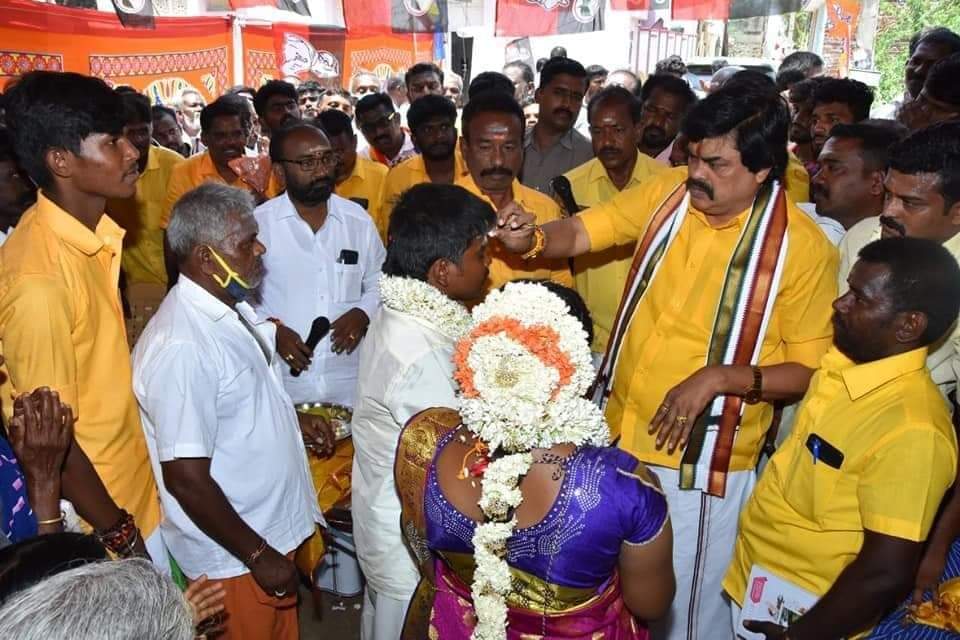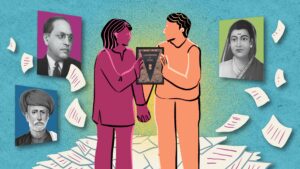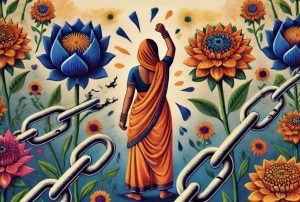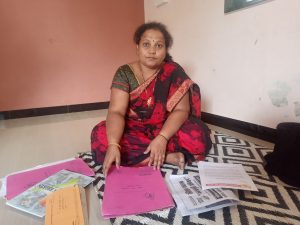In the evening hours of the last week of May, I was getting ready to attend a political meeting when my phone buzzed. It was Poorvaja*, a fellow activist. She spoke hurriedly and sounded very tense: “Usha’s mother has left her at the Dindigul bus terminus with no money, and also taken away her mobile. She is stranded and scared. She called me from a passerby’s mobile. I don’t know what to do.”
Usha*, 17, lives in one of the seaside hamlets around north Chennai. I met her in January this year; she was one of the few underprivileged children trained by a professional photographer to capture Chennai’s spirit. At a photo exhibition of their work, a big success, I interviewed Usha and the other children.
Usha’s photographs were outstanding and got rave reviews and she was offered more opportunities to train and learn. Beaming with joy at the compliments, she told us that she was doing very well in school and if she gets into a good college this year she would pursue photography. Her father had died when she was a toddler and her mother worked at a factory to raise three children. Having witnessed the double deprivation that patriarchy and poverty bring, Usha’s dream was to become a “first generation degree holder” in her family, have a career and do all the things women in her family never did.
However, Usha’s mother was armtwisted by her family in Dindigul to get her daughter married early to a close relative. Poverty and anxiety about her daughter’s safety drove her to agree to the match. The first time Usha rebelled, her mother had wavered but calling off the marriage would have led to ostracism from the family and community.
As soon as the wedding cards were printed, I passed on the information to Evidence, a Madurai-based NGO which immediately contacted the child helpline number and the district collector. With a copy of Usha’s school certificate as age proof, and the additional district superintendent of police of Dindigul alerted, an investigation was conducted at the groom’s house and it was confirmed that a wedding was in the offing.
The groom’s family was summoned to the district collector’s office and in front of the district collector, the ADSP and the district child protection officer, they were made to sign an agreement that the marriage would not take place but no case was filed.
In the last five years, around 12,000 child marriages have been officially stopped by the government of Tamil Nadu but only 350 odd cases have been booked under the Prevention of Child Marriage Act. Booking of the cases under this Act is the responsibility of the District Child Marriage Prohibition Officer (DCMPO). In most cases, we have seen that local authorities are careless about follow-up and girls are married off secretly and soon end up pregnant. Most authorities are themselves patriarchal and are hesitant to upset family hierarchies, experiences of those who work in the field show. The officials say they feel as if they have “sinned” by stopping a marriage.





